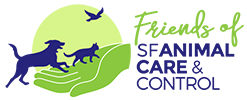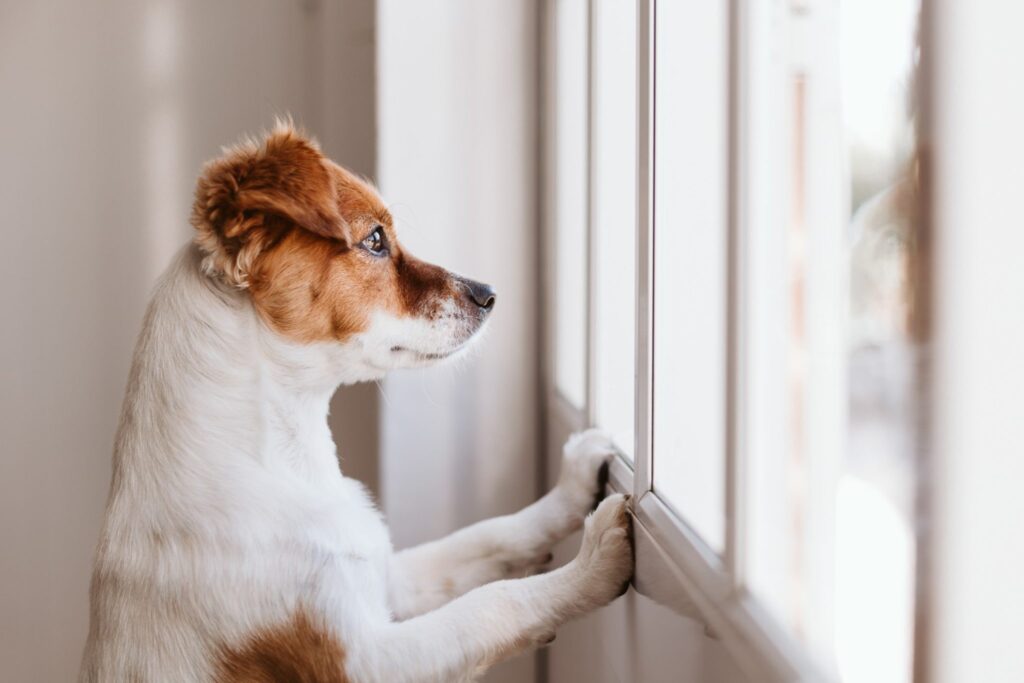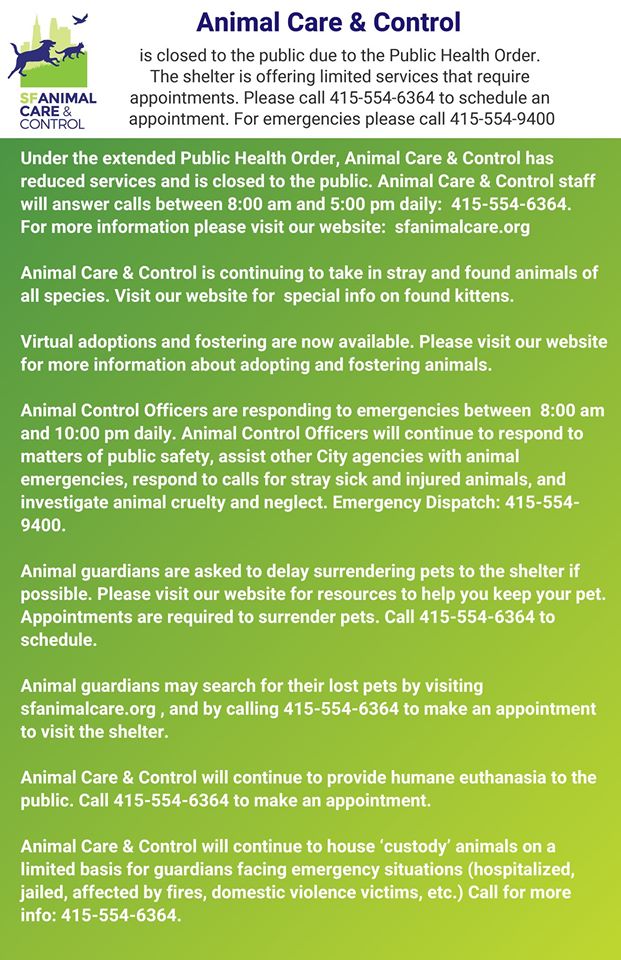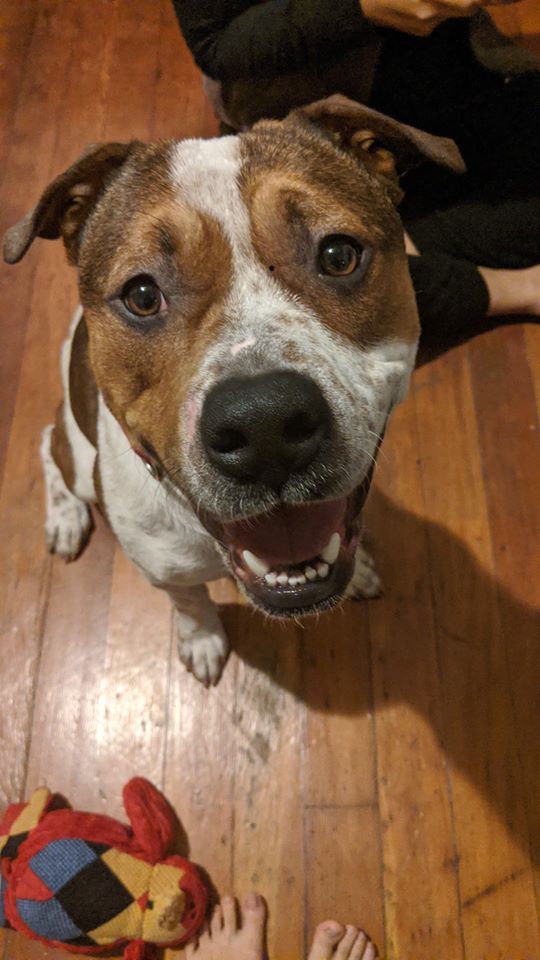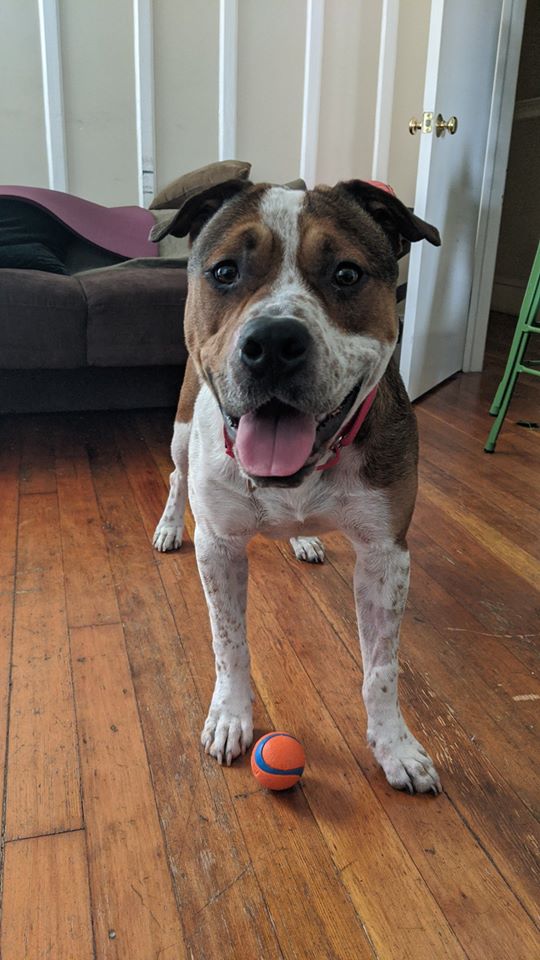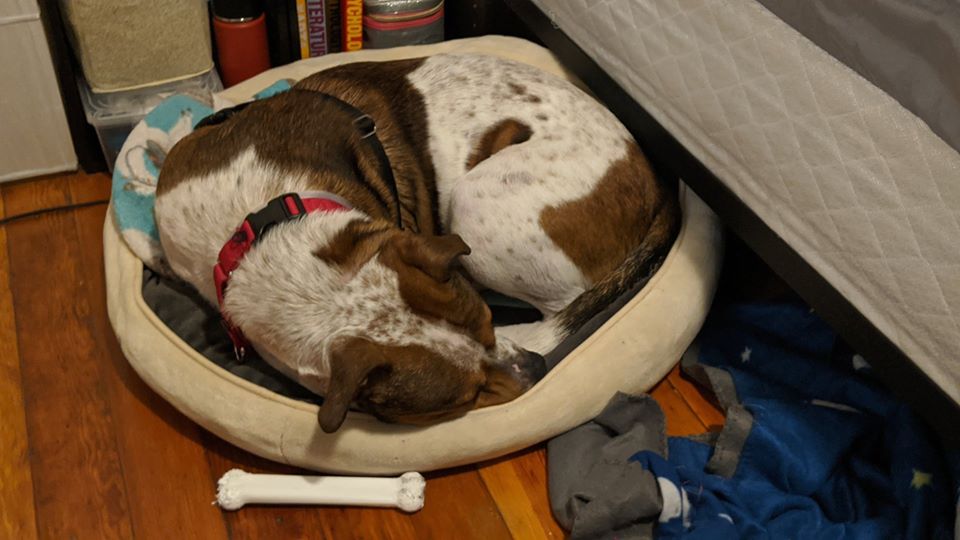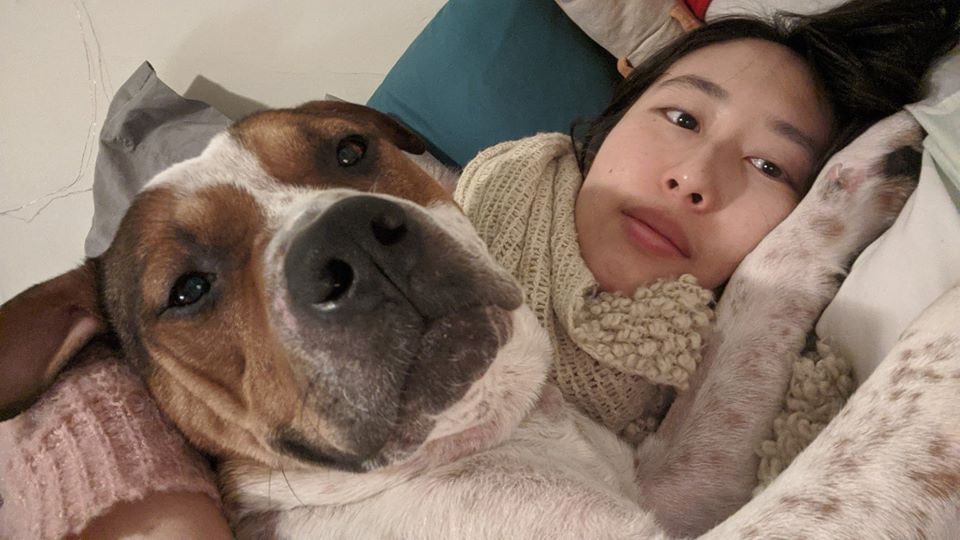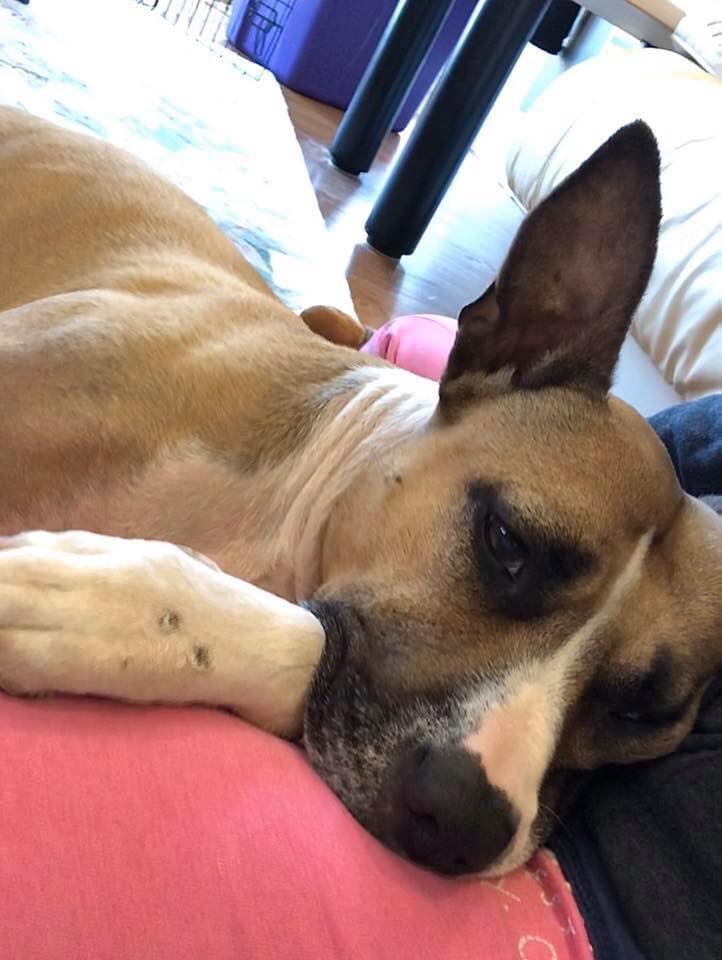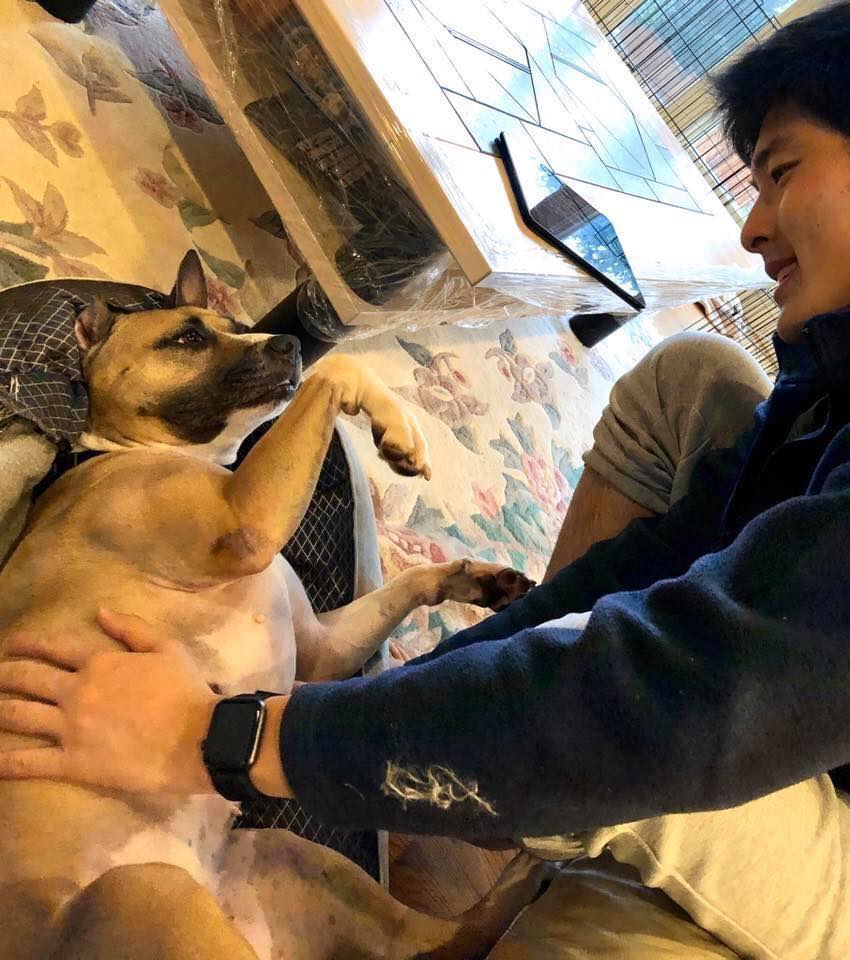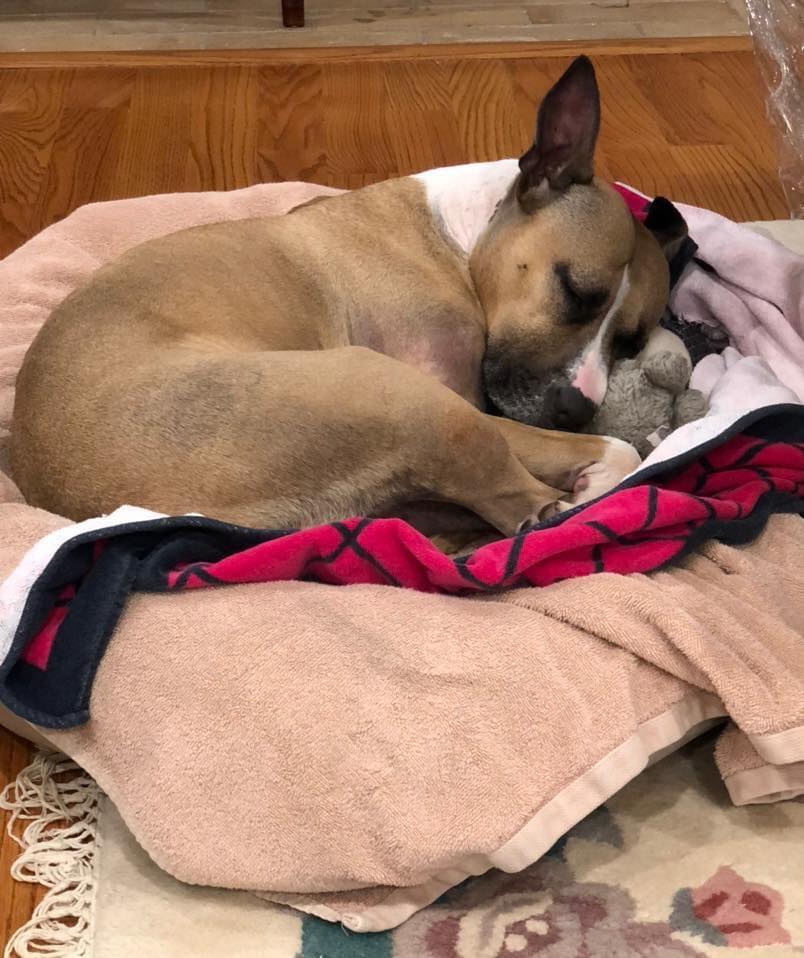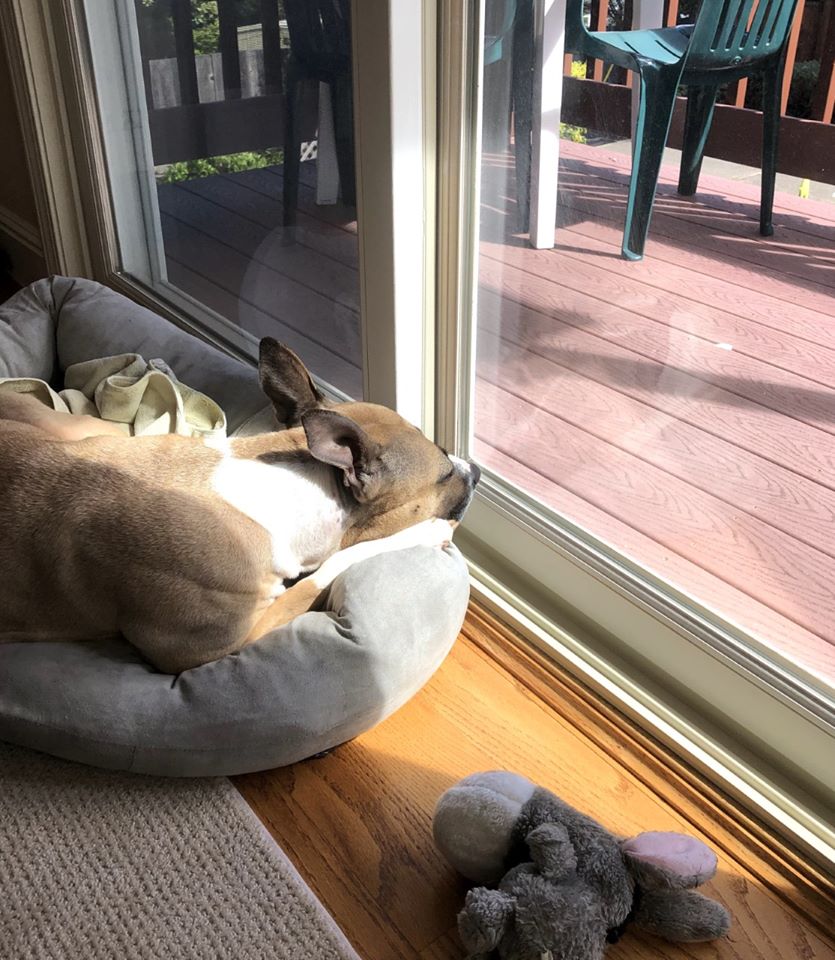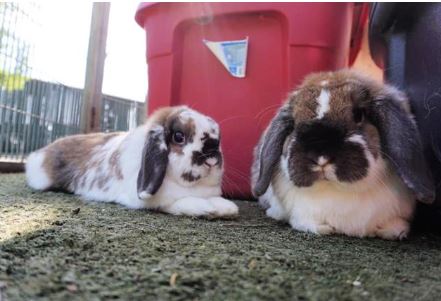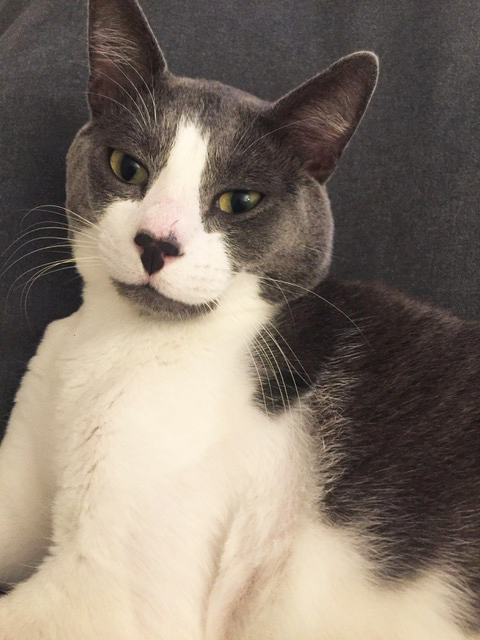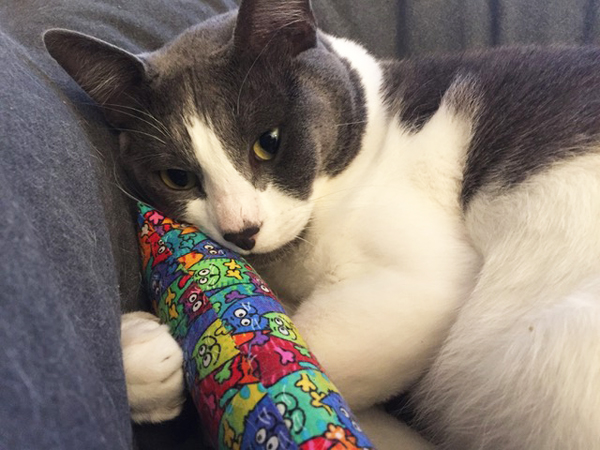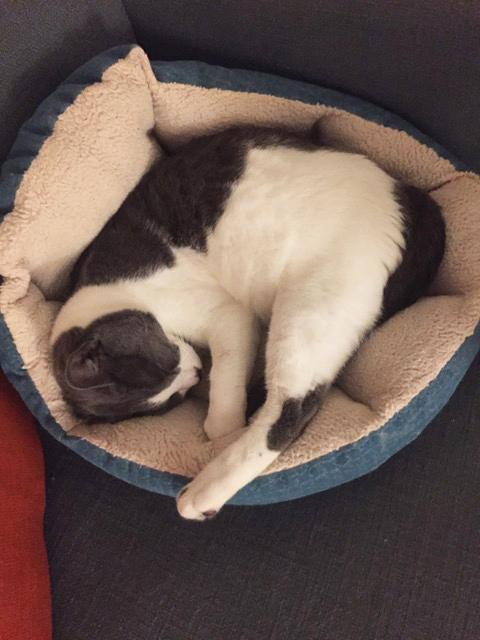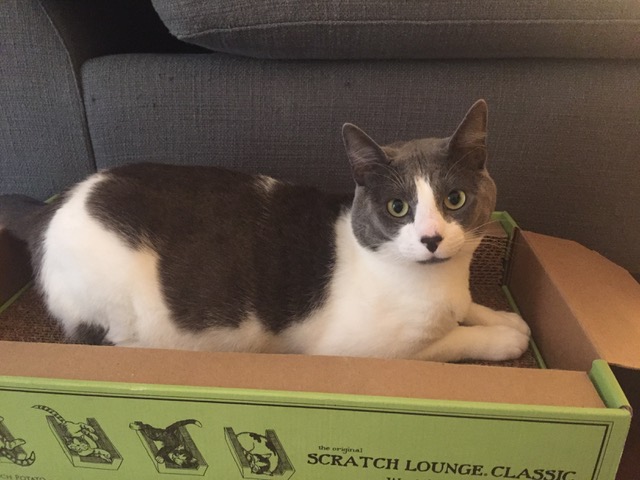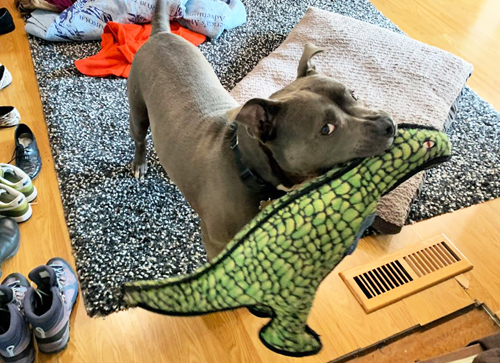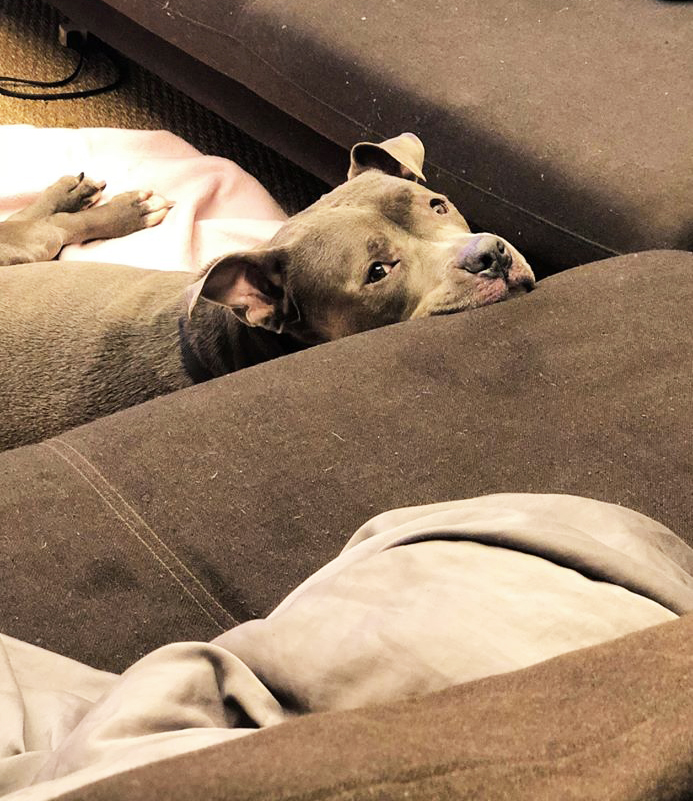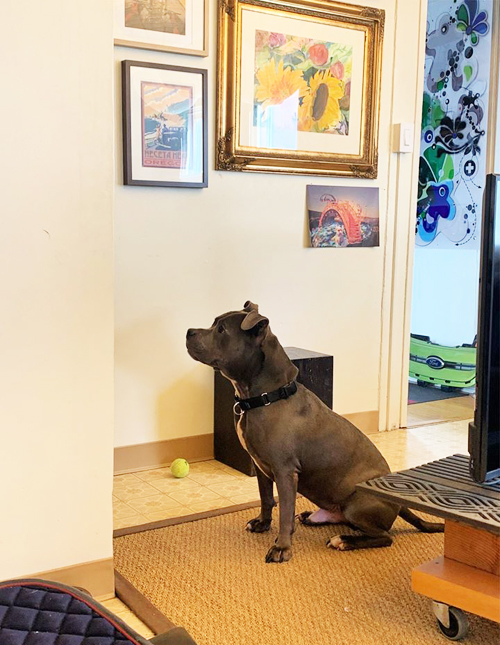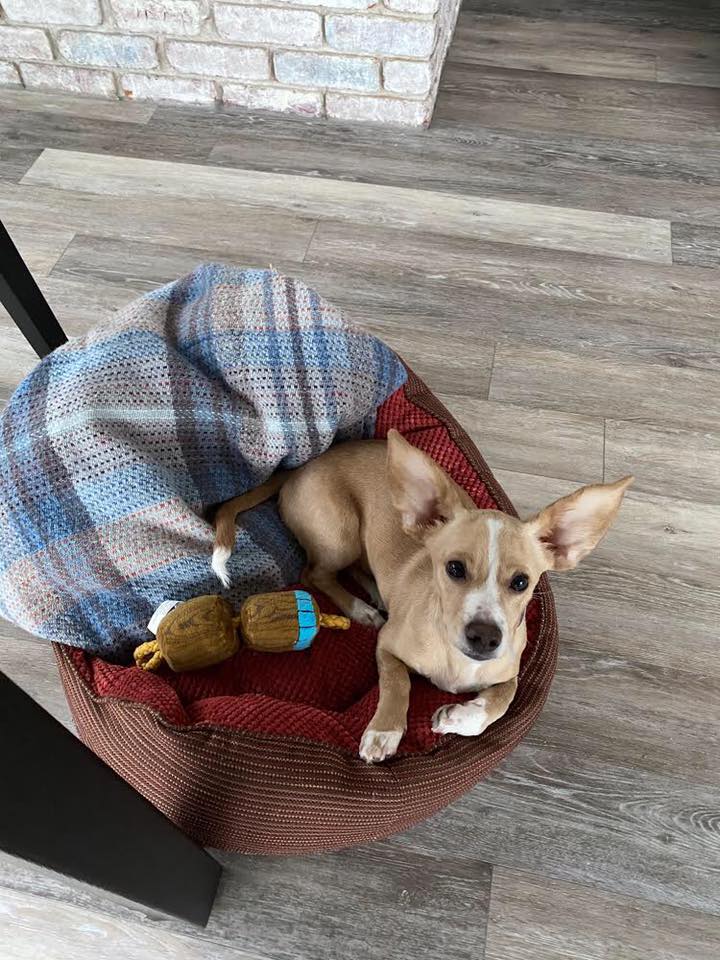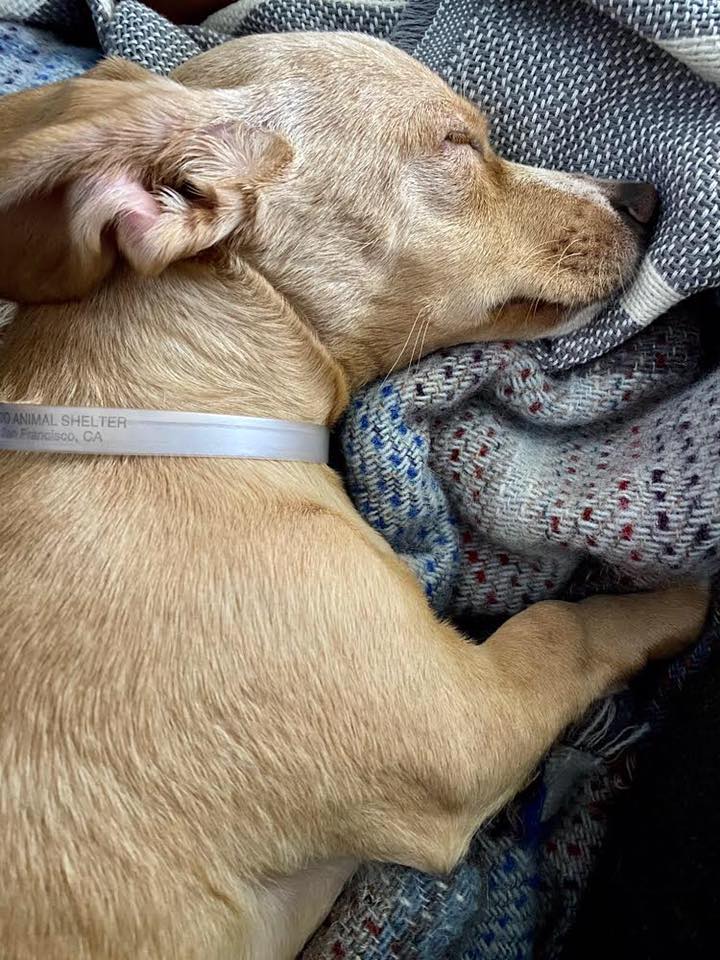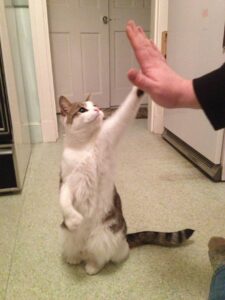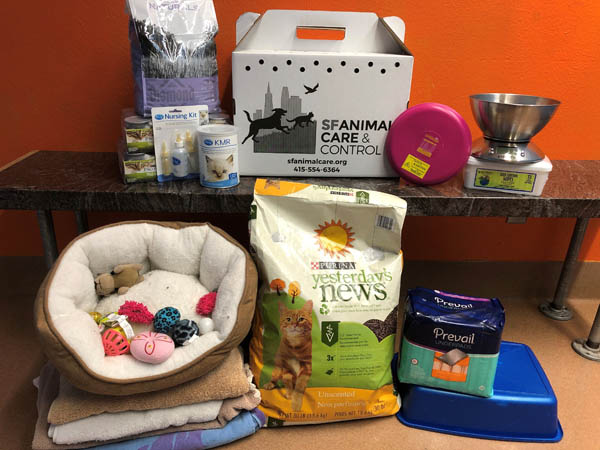For the past several months, pets of folks who are working at home during the shelter-in-place have enjoyed the extra attention and company. As people return to work, even part-time, some pets might experience separation anxiety. The American Veterinary Medical Association has a few tips to minimize the stress of this change:
- Start slowly introducing your pet to a workday routine. Get your pet accustomed to new wake, feeding, and walking times.
- Practice leaving the house and your pet. Start out leaving for short periods and then gradually extend the time.
- As you leave, give your pet a small treat to help create positive connections to your leaving.
- If you see signs of anxiety—such as destructive activity—do not punish your pet. Instead, shorten the time you are away and slowly build up to longer periods. Stay calm when leaving or returning home.
- Before leaving, engage in play and activity. Burning energy can help keep pets calm and relaxed.
- If you’re planning on using a pet sitter, dog walker or pet daycare, be cautious. Exposing your pet to others can increase your pet’s and your own risk to COVID-19. Follow protocols put into place by the daycare and do not use the service if you or your pets are sick. Keep cats indoors. Do not put face coverings on pets and do not wipe or bathe your pet with chemical disinfectants, alcohol, hydrogen peroxide or any other products not approved for animal use.
- Dog parks are starting to reopen, but you want to maintain, as best you can, a safe distance between your pet and others. Don’t allow people you don’t know to pet your dog and you shouldn’t pet theirs.
- Keep your pet occupied during your absence with long-lasting treats, food puzzles and automatic feeders.
- If you typically used a crate when you were gone but haven’t been using it during the shelter-in-place, now is a good time to explore your options. You can decide to do away with the crate or if you plan to use it, start doing so now, while you’re still at home, putting the dog inside for short periods and giving them rewards. Dogs should not be left in crates for extended periods of time.
- Look for signs of stress, such as excessive barking or whining, agitation, destructive behavior and inappropriate urination or defecation. Consider setting up a camera so you can see how your pet is doing while you’re gone. You also can then show the behavior to a veterinarian, who can help you figure things out.
